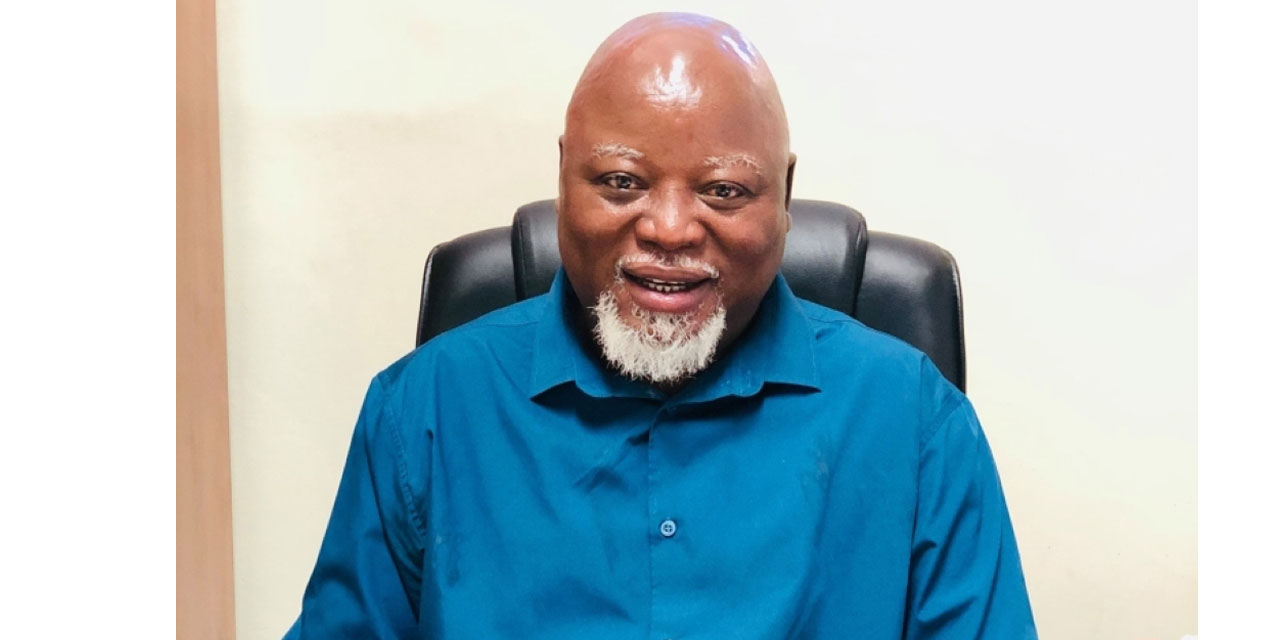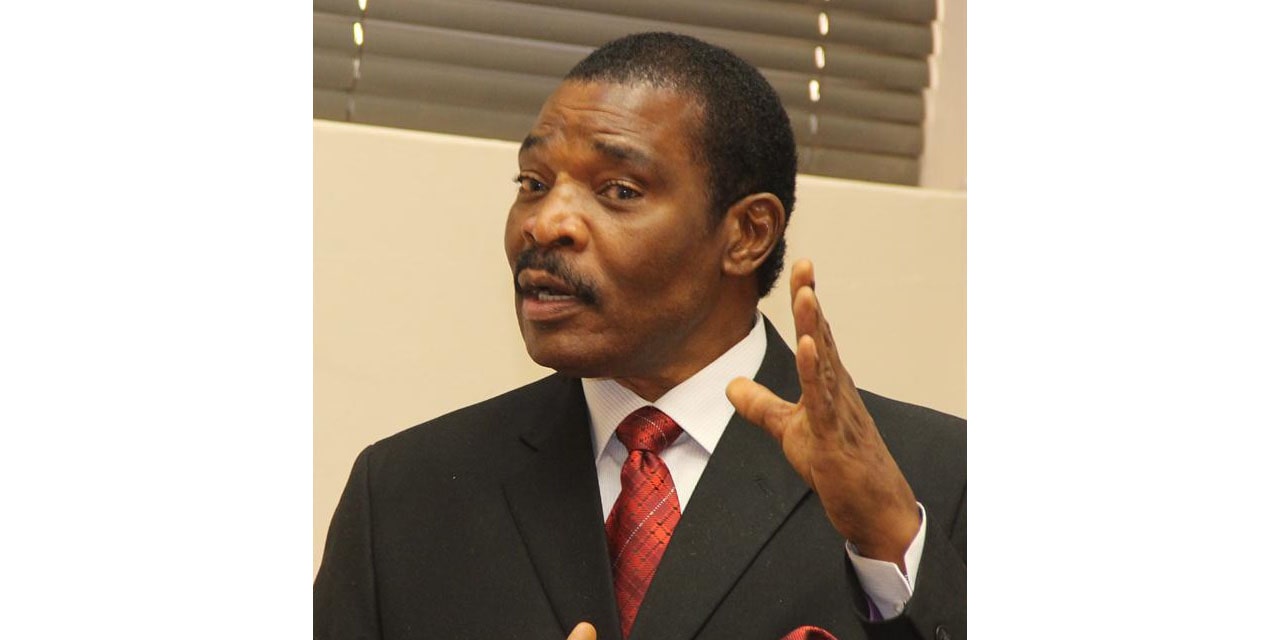Sakaria Johannes
I have observed that some of our leaders are not ready to retire and leave public office. On November 15, 2023, President Hage Geingob appointed the Former Top Cop, Sebastian Ndeitunga, as the new governor of the Ohagwena region.
Not so long ago, on October 12, former Windhoek City Police Chief Abraham Kanime was appointed as the Head of Safety and Security at Paragon Namibia. These are just a few occurrences of leaders retiring from one office to the other. One can also observe that many civil servants after retirement turn to politics and campaign for public offices.
Before I go further, one may want to understand what gerontocracy means.
According to the Oxford Dictionary, “gerontocracy is a system of government by old men, also a governing body consisting of old men”. In simple terms, gerontocracy is a society where the oldest individuals dominate the decision-making process and politics.
Back home, it seems that elderly individuals dominate Namibian politics and government. One can observe that in our parliament and our regional and local offices. It is infrequent to find a young person in executive positions in those offices. Though the youth is the majority of the population in the country, only 28.71% of youth have thus far made it to parliament. That means among the 28%, we have to take out those who are already captured and few who advocate for the youth agenda.
Gerontocracy has negative impacts on the country and its people. As Vincenzo and Carbonari (2017) explained that:
“Several studies show that a negative link between age and productivity exists, and it’s even more pronounced in the ICT sector. Indeed, workforce ageing is known to entail skill deterioration and a lessened ability to adapt and learn new things. One possible explanation relies on the tendency of cognitive abilities, after a certain age threshold, further advancements in age are seemingly associated with lower productivity at work. Beyond that threshold, a further increase in experience adds little or nothing to the working ability of a given worker. There are no reasons to believe that power elites are excluded from this process”.
Young people are the engine of the state. If the government is maintaining old people in public offices, how do we expect young people to enter government offices and make change? How can we change things, if we keep the same people in the system? How do we expect young people to gain experience? There are many young people with brilliant ideas; however, they are not given chances to implement their ideas.
If Namibian elites are patriotic enough and they love this country as they claim, then it is time to show that. They should let it go in offices and give young people chances. However, they are welcome to guide and advise where necessary because they are the libraries, just not the agents of change anymore.
Let us advocate for age limits for public office bearers!
• Sakaria Johannes Holds a Bachelor of Arts – BA and Honours Degree in Political Studies from the University of Namibia.




